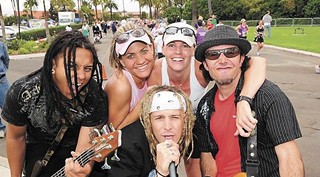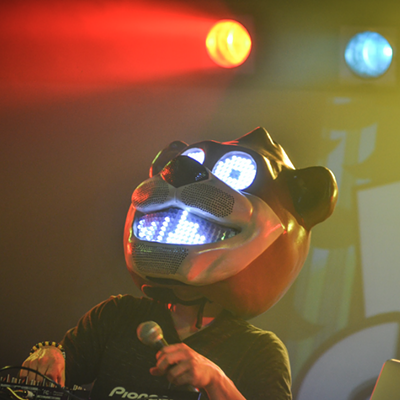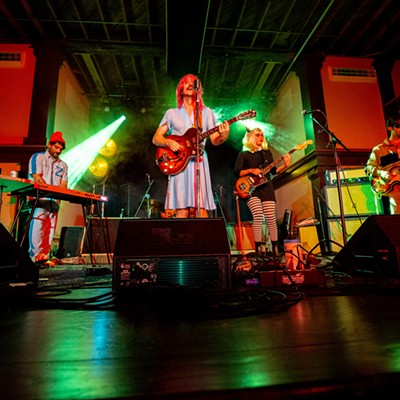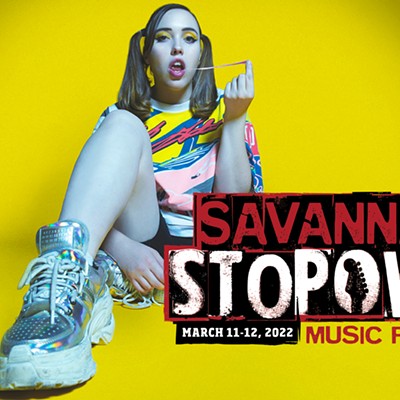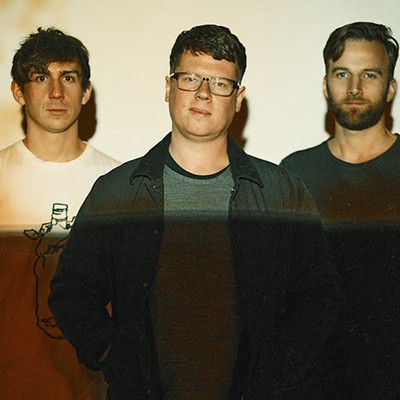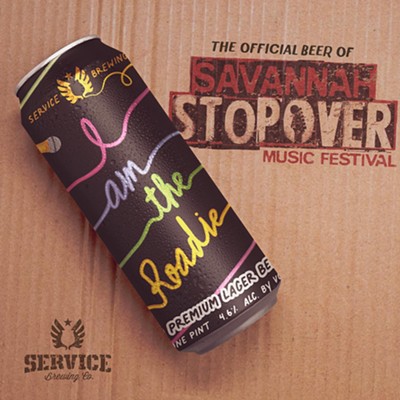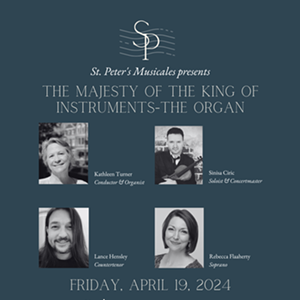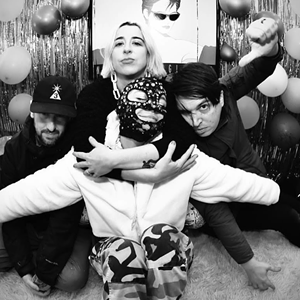When the Rock ‘n Roll Marathon comes to town Nov. 5, an estimated 23,000 runners will descend upon our fair city. There are two courses — 26.2 miles, and a half–run — with live, local music strategically set up at 40 stages along the routes.
The marathon ends at Forsyth Park, where a “nationally known headlining act” will welcome the finishers with a celebratory concert.
The American Cancer Society, the Leukemia & Lymphoma Society and several local charities will be beneficiaries. Savannah hotels, restaurants and other businesses will see a serious spike. “I believe it will be the closest thing to a Super Bowl that Savannah has seen yet,” trumpeted Joseph Marinelli, president of Visit Savannah.
Happiness, health, prosperity, fun. The Rock ‘n Roll Marathon looks like a win–win, and everybody’s thrilled.
Well, not everybody.
When the submission form for Savannah bands and artists appeared on the marathon website about a week ago, it was worded in a way that suggested to some that bands willing to “donate” their time and talent — i.e. do it for free — would be given priority.
That didn’t sit well with Jim Reed, a longtime local musician, promotes concerts and runs a film screening series.
On his blog (wickedmessenger.com) he attacked “the time–honored tradition of screwing over professional musicians.” Numerous members of the Savannah music community echoed his outrage.
According to Reed, awarding preference to bands that would work all day for free would make the Rock ‘n Roll Marathon “a shameful shuck and jive that amounts to little more than a 26–mile Open Mic Night.” And how does that represent the city’s “best and brightest” talent?
Two days later, the form was changed. “What compensation would you generally request?” is now the first question.
Reed remains non–plussed.
“I find this more insulting,” he says. “I’m more insulted, and everybody ought to be. That’s basically saying or doing something really offensive, and then when they get called on it they don’t apologize, or make it right. That’s like going back to the tape where they said it, and erasing that part of the tape. And then acting like it never happened.”
Carolyn Reyes, who books the music for the nation–wide Rock ‘n Roll Marathons through the Arizona company Entertainment Solutions, Inc., read Reed’s blog and received several e–mails from Savannah players irate about the lines on the submission form.
“So I said ‘Fine, we’ll take it off. It doesn’t have to be there. It’s not a make–or–break for anybody,’” she says. “It’s simply a question that’s been on that form for a very long time.
“It wasn’t that we were telling people that (playing for free) was the only way we would take them or anything like that,” Reyes says. “In the form, originally, it said something like ‘Would you be willing to donate your time?’ But if not, the next question was ‘What would be your fee?’”
Reyes says “going cheap” has never been part of the organization’s manifesto.
“We do have money we pay out to some bands. The way that started was, we had a lot of bands who wanted to donate their time for particular charities. Because they have an affiliation with them, or perhaps they had a loved one that died – like in Las Vegas, Crohns and Colitis is our charity.
“And so I had a lot of people calling and saying ‘We don’t want to get paid, we’d rather just donate our time. Give it back to the charity.’ And I think that’s actually how that phrase came to be, long, long ago, and the collateral form just kind of got updated for the different cities. That originated in one of the early markets that we did.”
That’s not doing it for Reed. “This thing generates well over a million dollars just in entrants’ fees alone,” he says. “So to expect local musicians to play for free I think is insulting to local musicians, but it’s also insulting to the peopled who registered for the thing. They would naturally assume that part of what they’re paying for in their high registration fee is somehow compensating the entertainers who are going to be out there in the sun, with their gear, plying their trade to make their run all the more pleasant.”
Runners are currently paying $115 to register for the marathon, and $105 for the half marathon. Reyes declined to disclose the actual compensation she’s offering to musicians.
“If the fee is out of our range, if somebody asks for $2,000, I don’t have that,” she explains. “Then we’ll go back to them and say ‘Are you negotiable on your fee?’
“It’s about the music quality, because we want to get the best bands on the course that we can. That we can afford. But we certainly don’t turn anybody away, or say ‘We’ll take this guy over this guy.’ It’s quality first, and then budget.”
The musicians’ entry form is online at entertainmentsolutionsinc.com.
Incidentally, the “headlining act” for the Forsyth finale has yet to be booked, according to Reyes.
Here’s a clue, however: Bret Michaels is scheduled to perform Sept. 4 for the Virginia Beach marathon (although illness forced him to bail on the Chicago race last week). Other names have included Goo Goo Dolls, Blues Traveler and what remains of Journey.
Headlining Oct. 23 in St. Louis is Sugar Ray.

